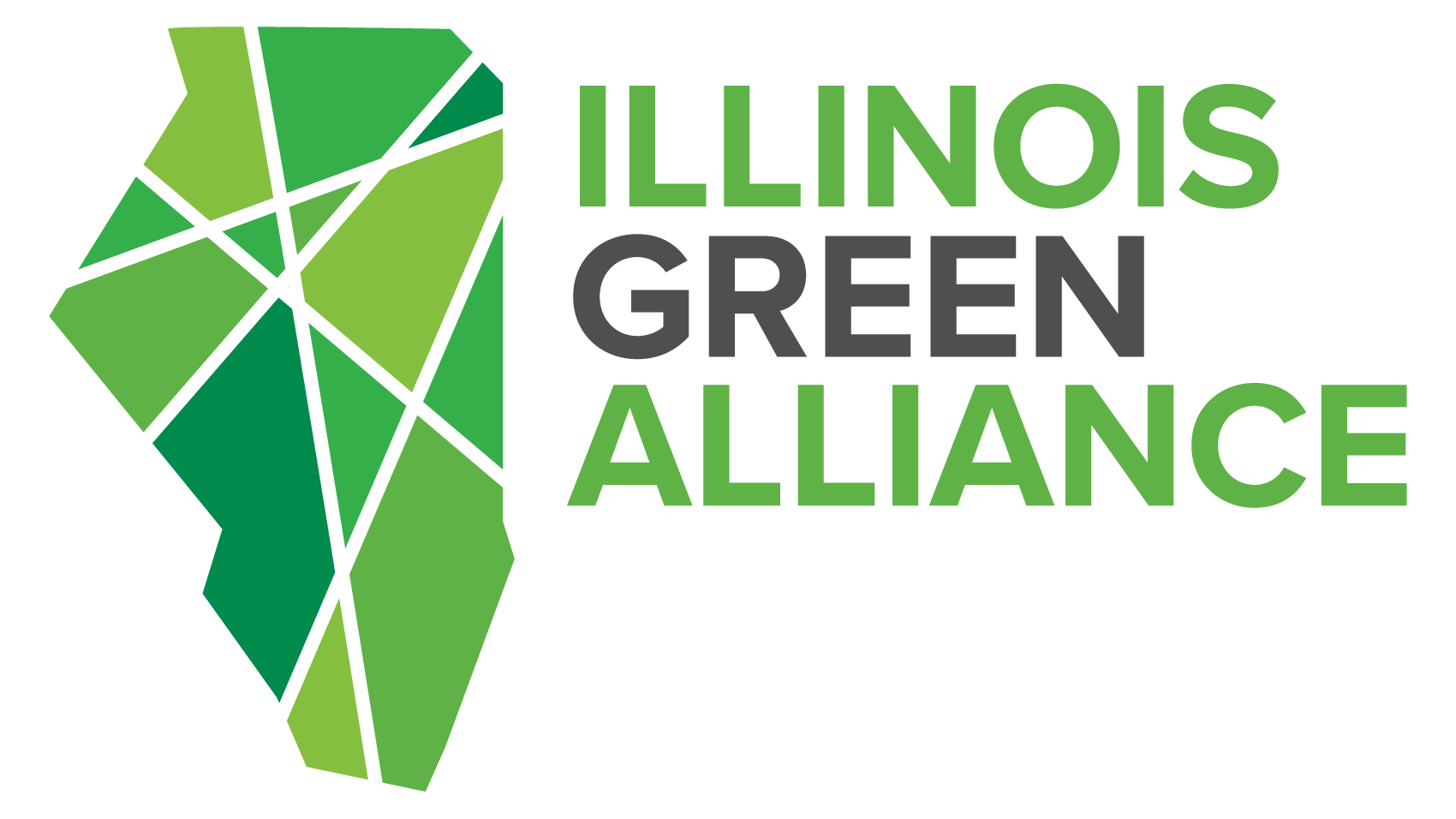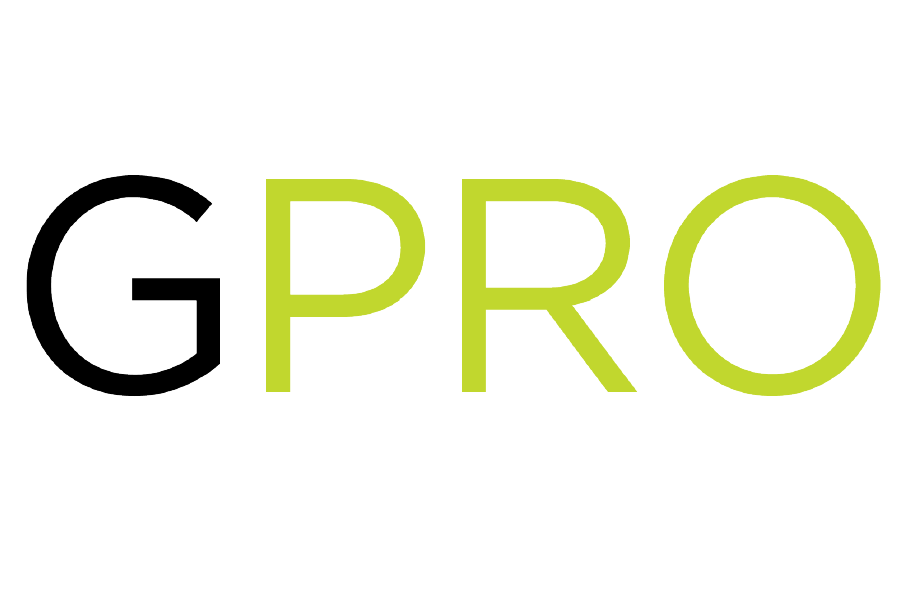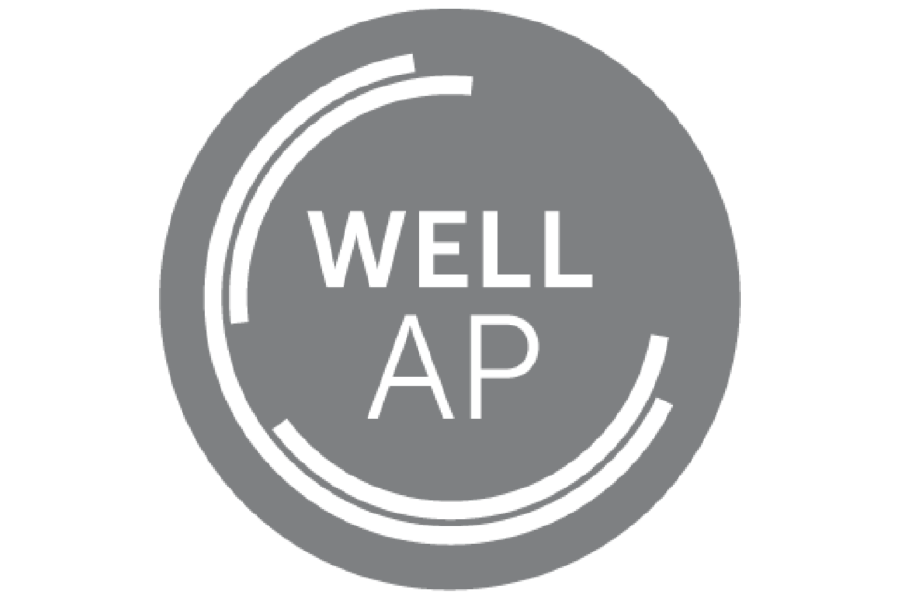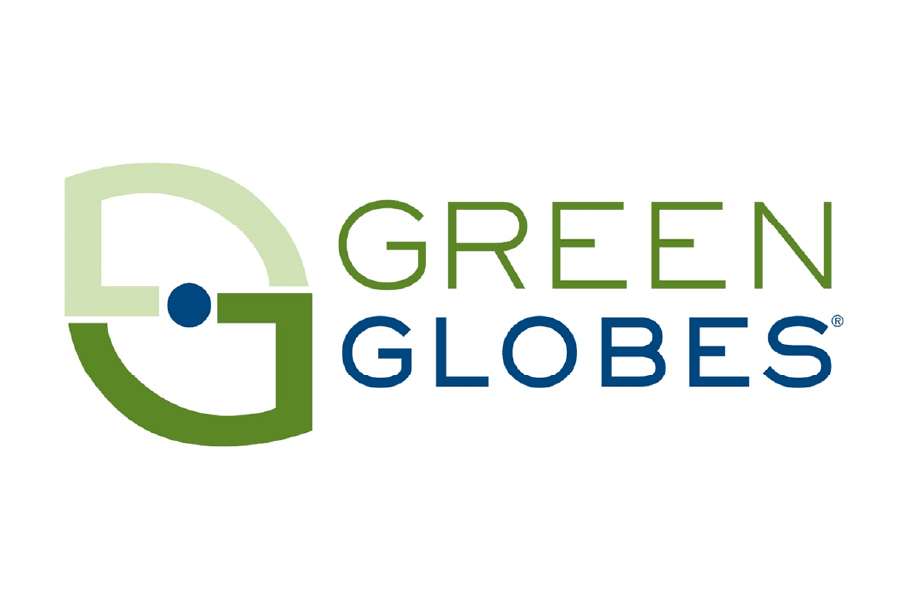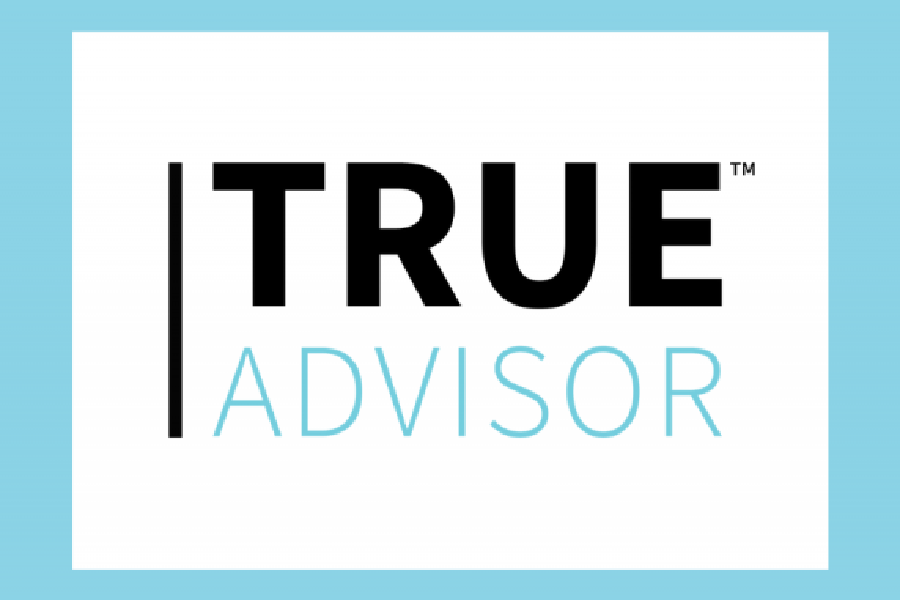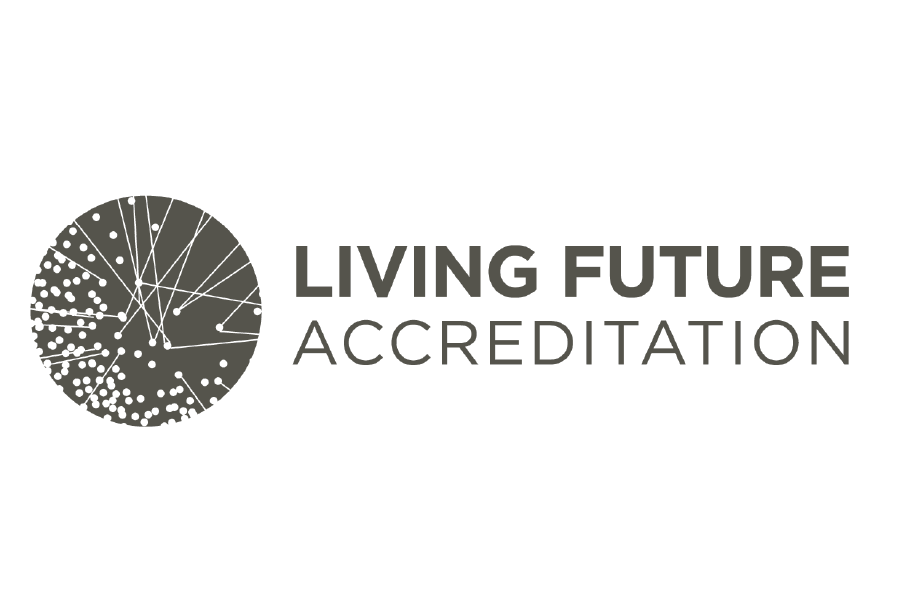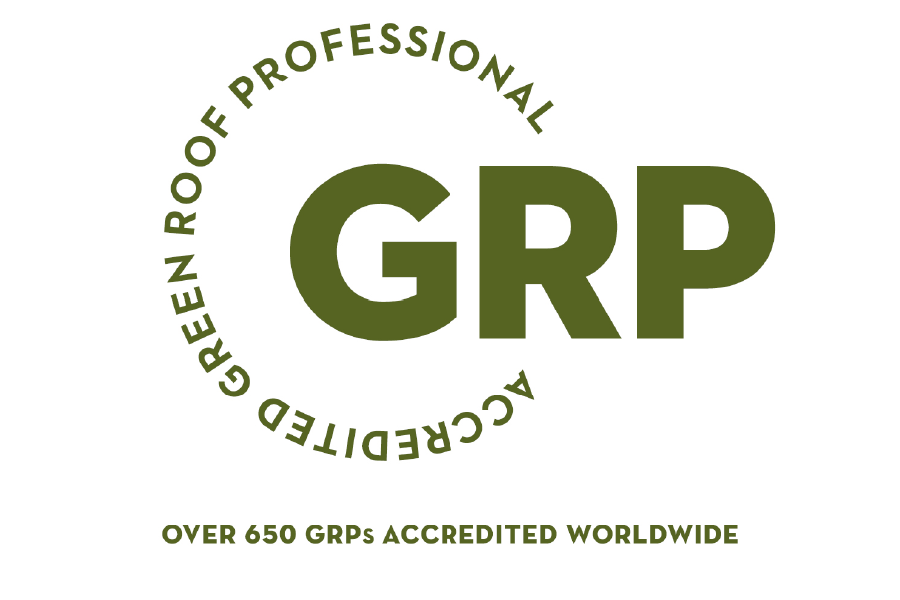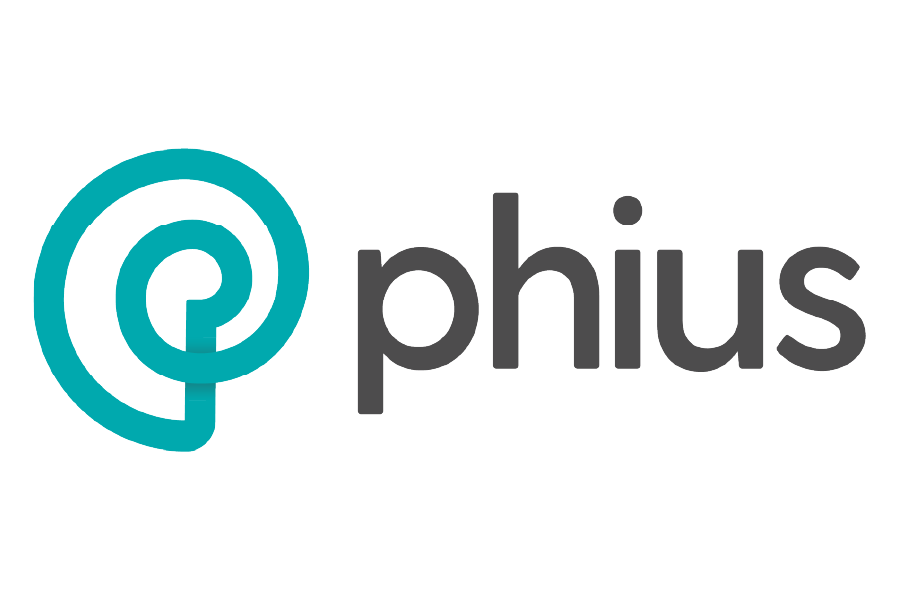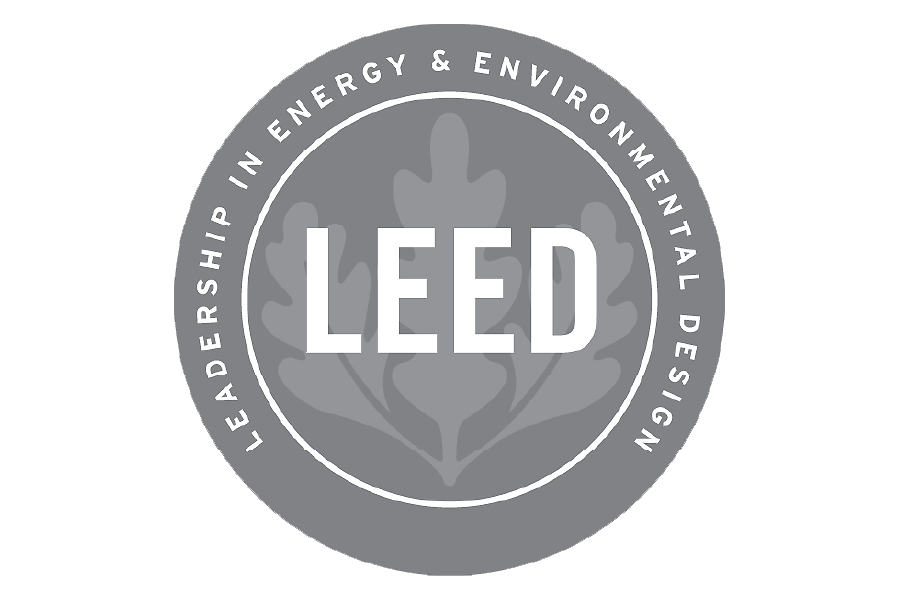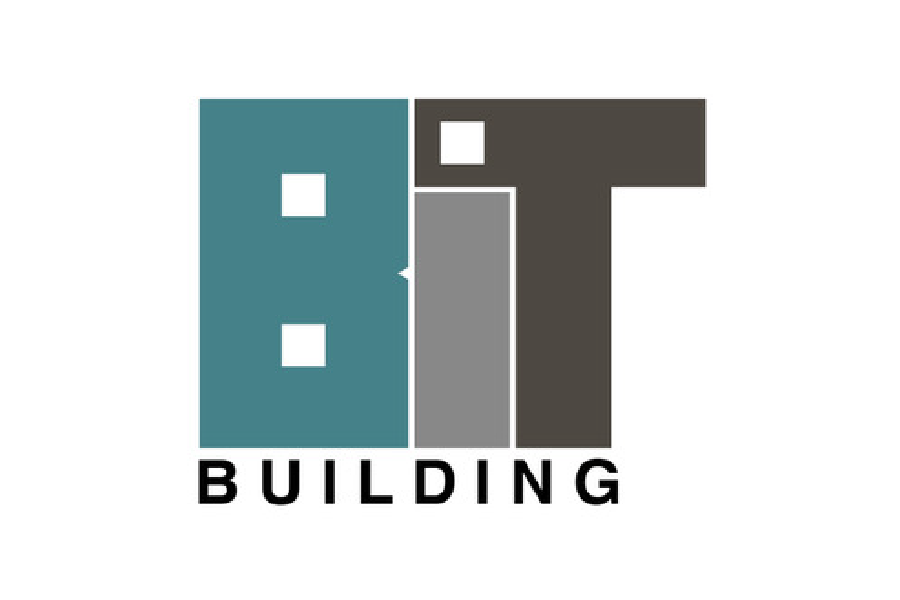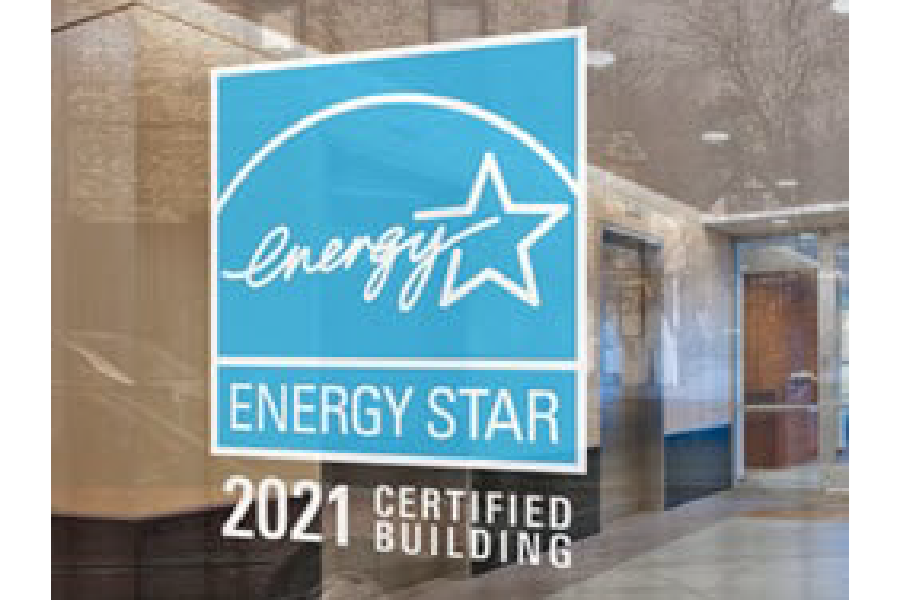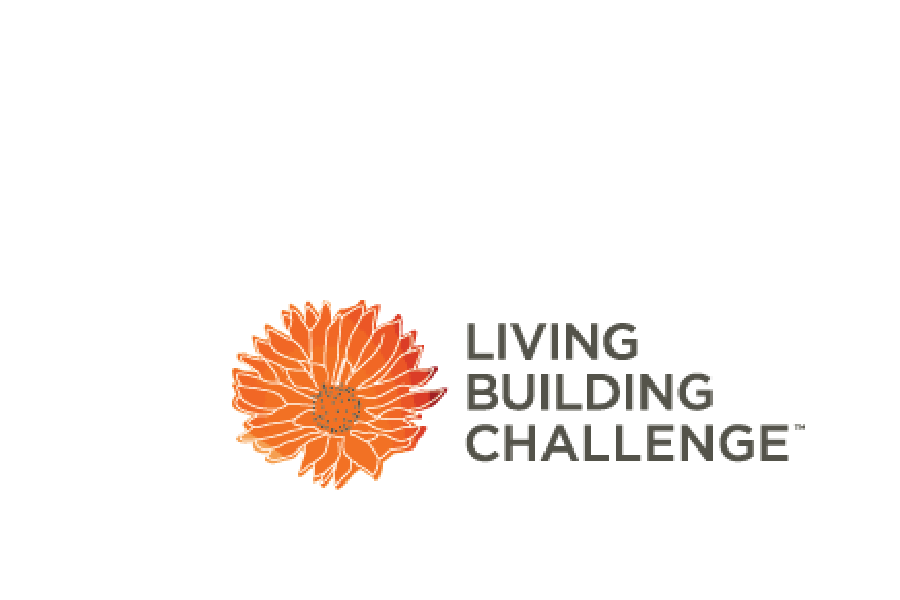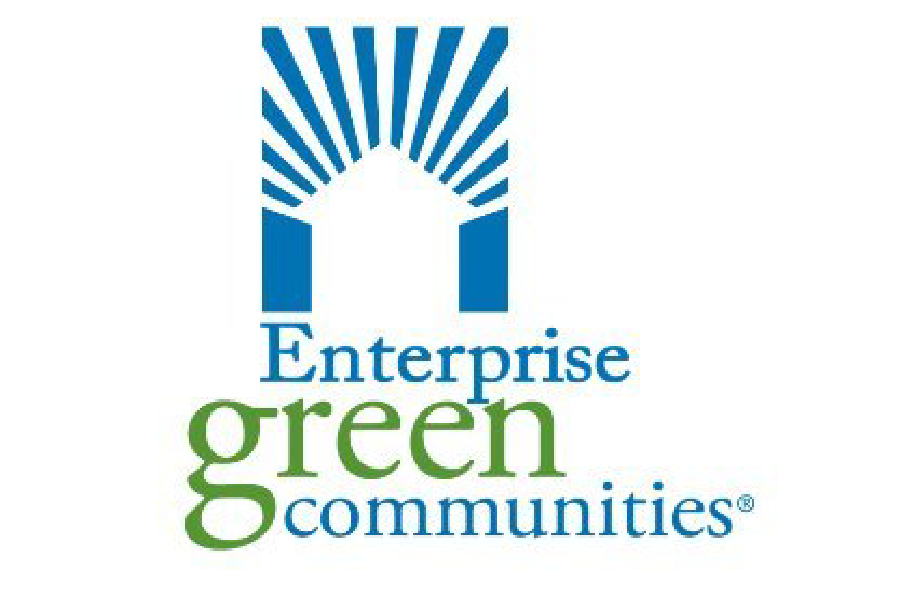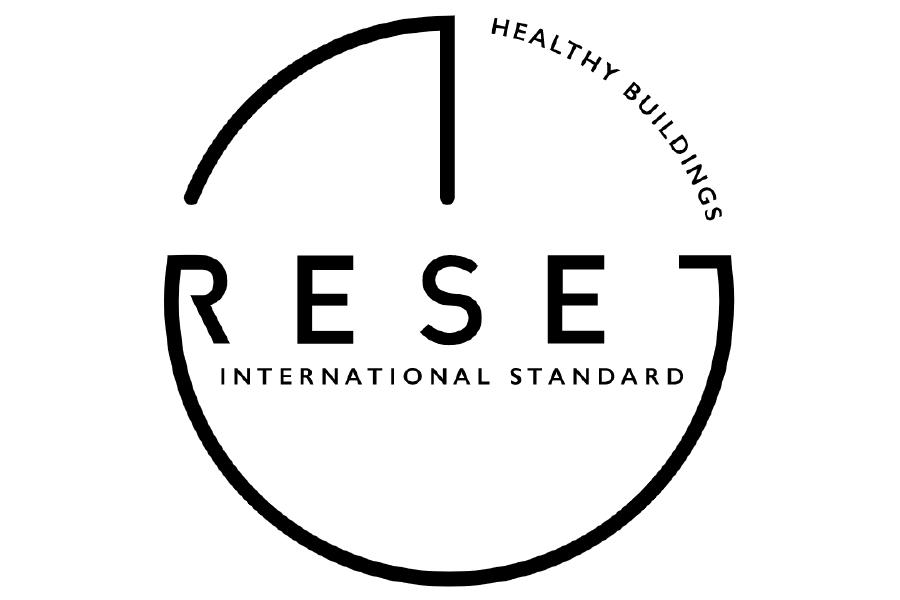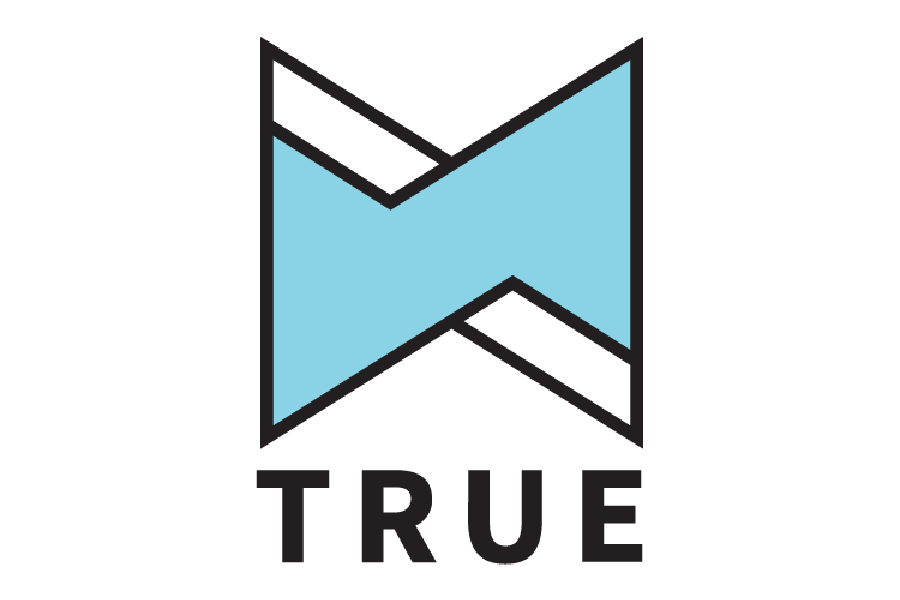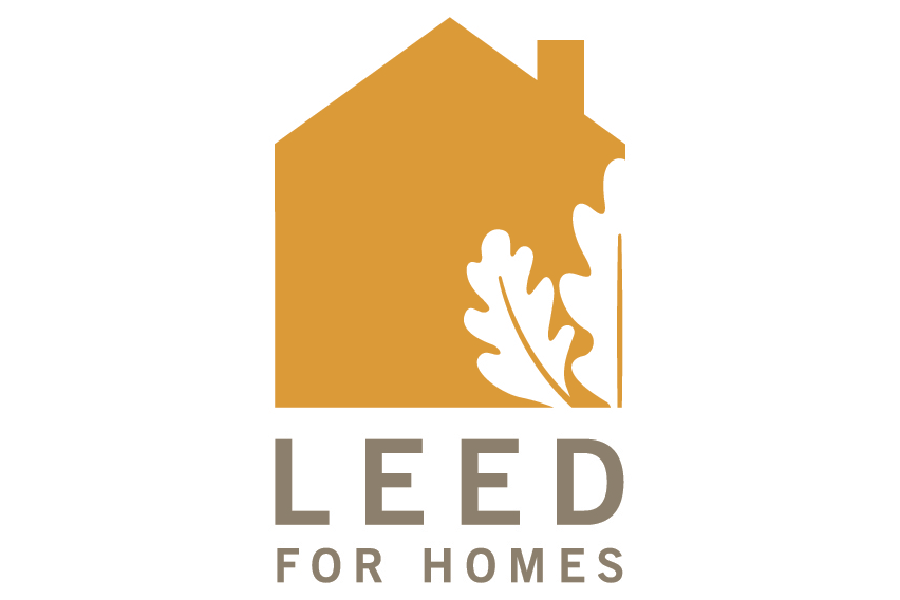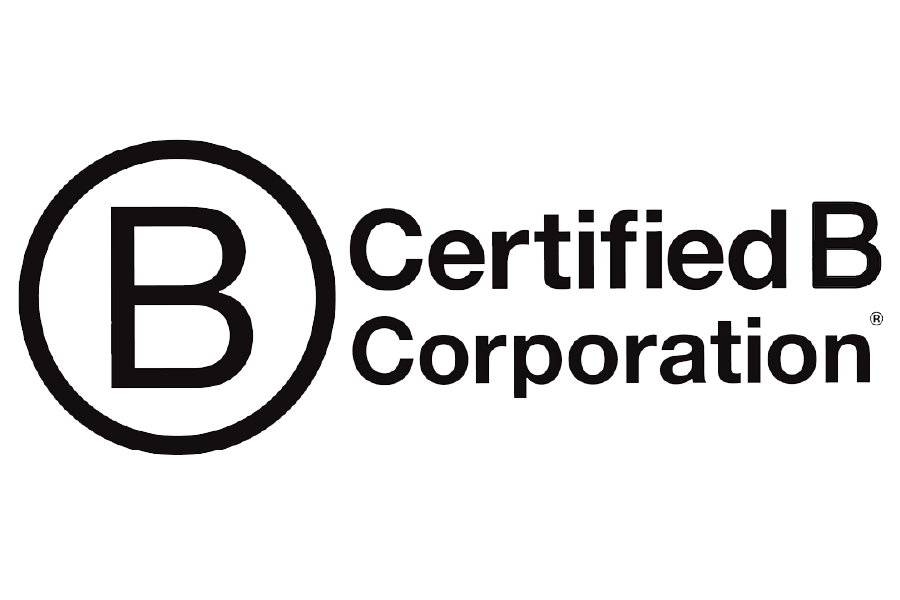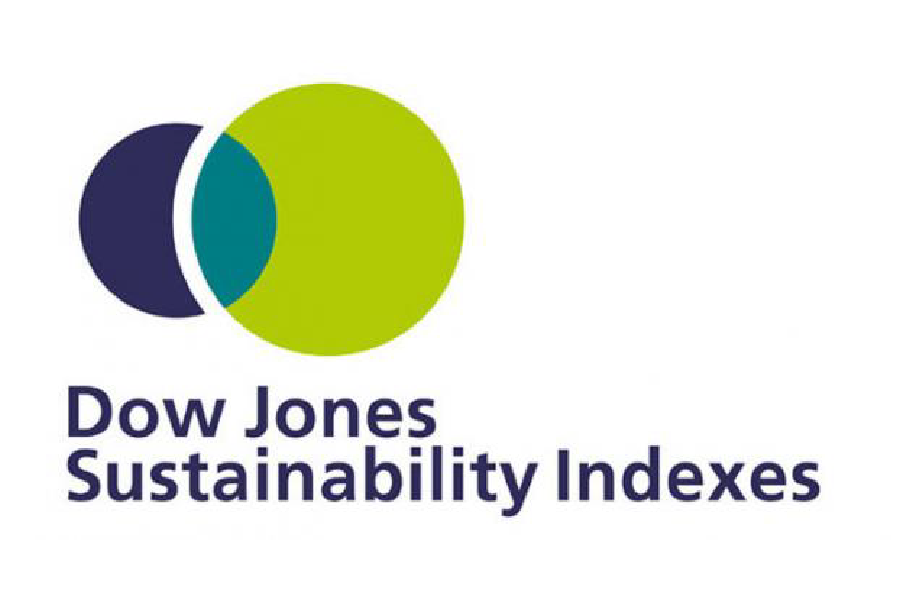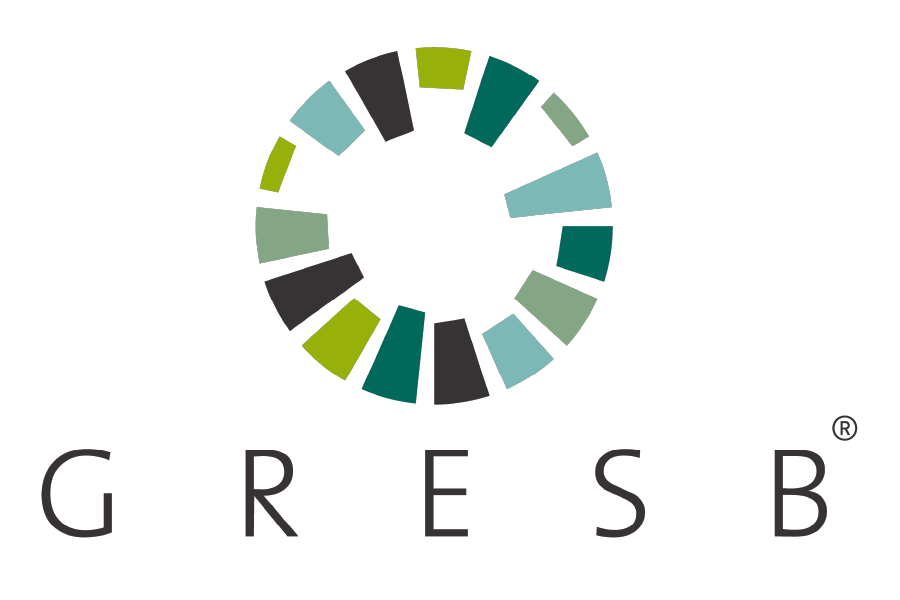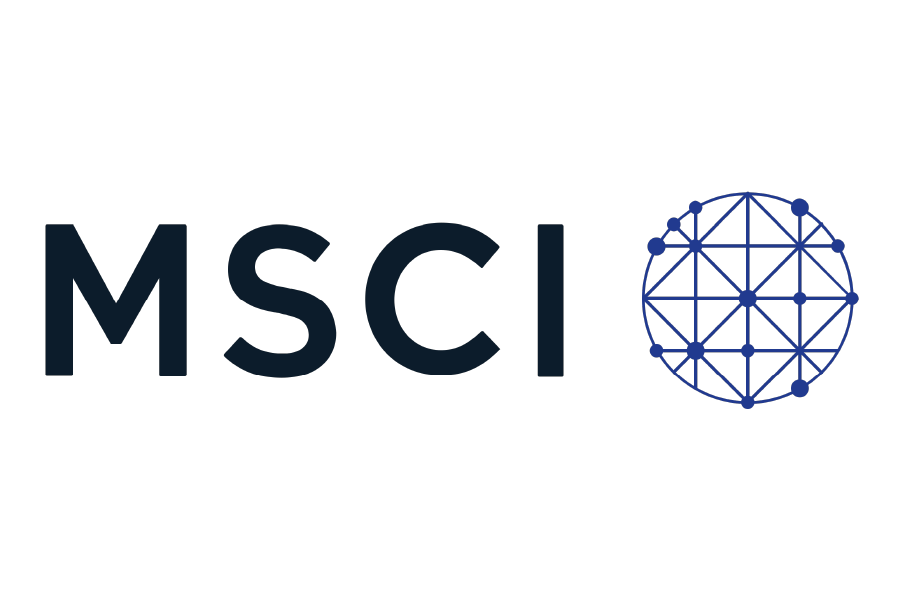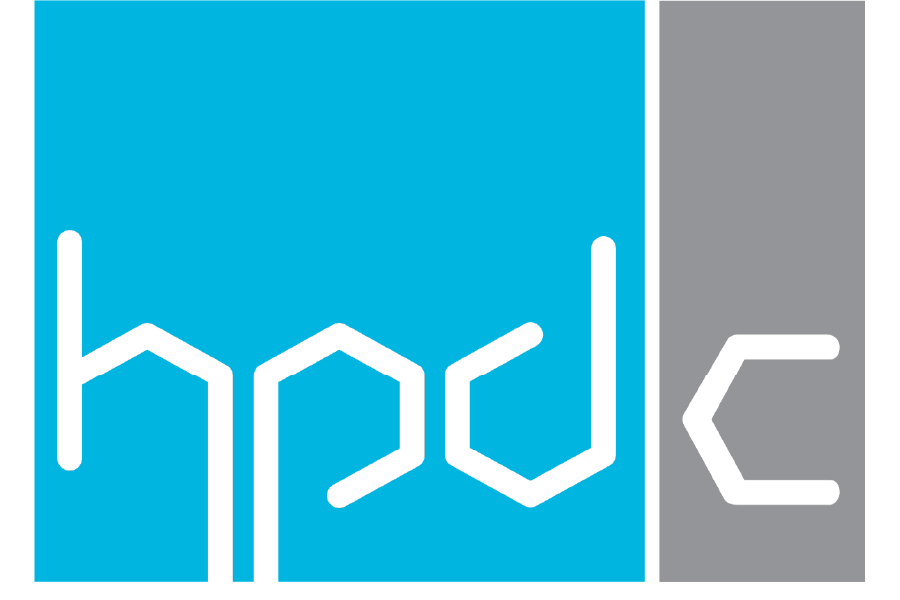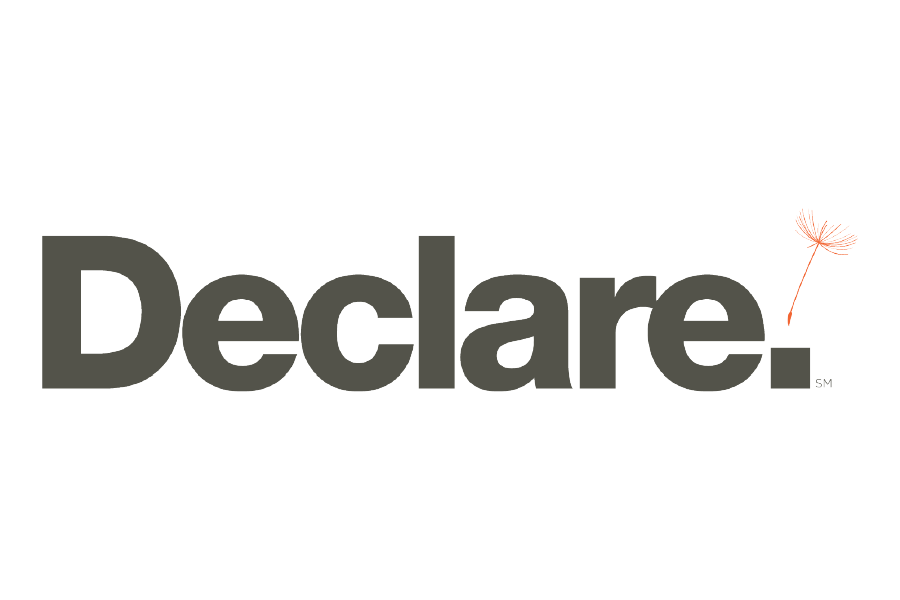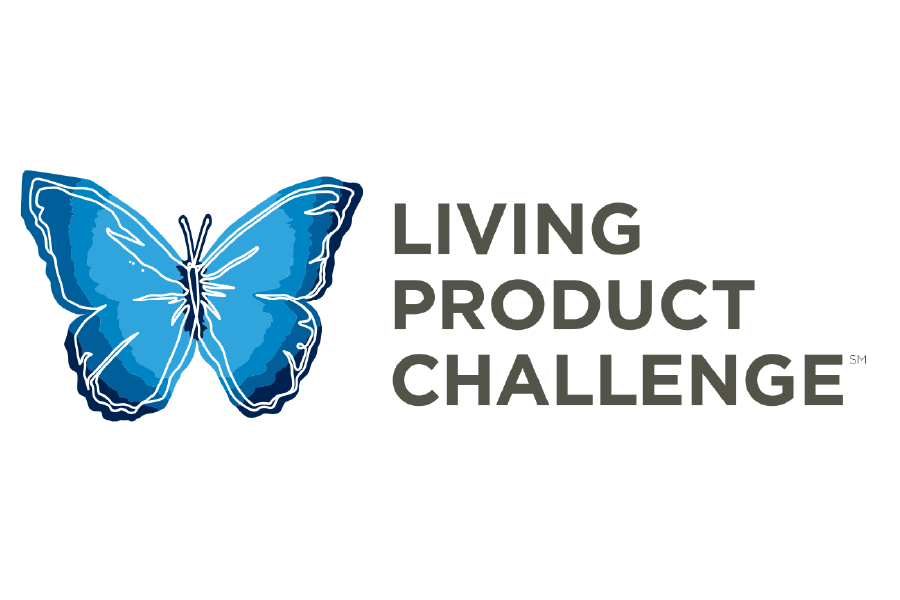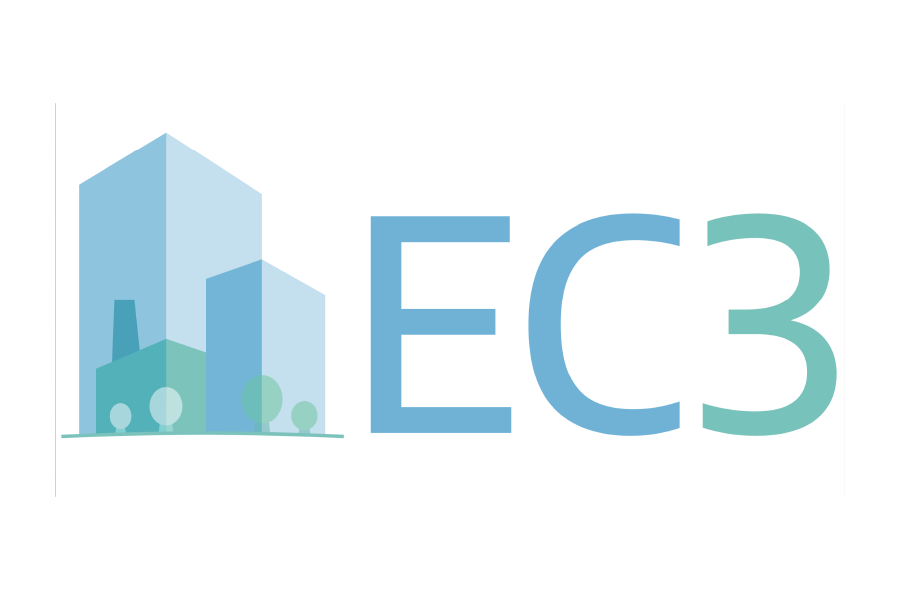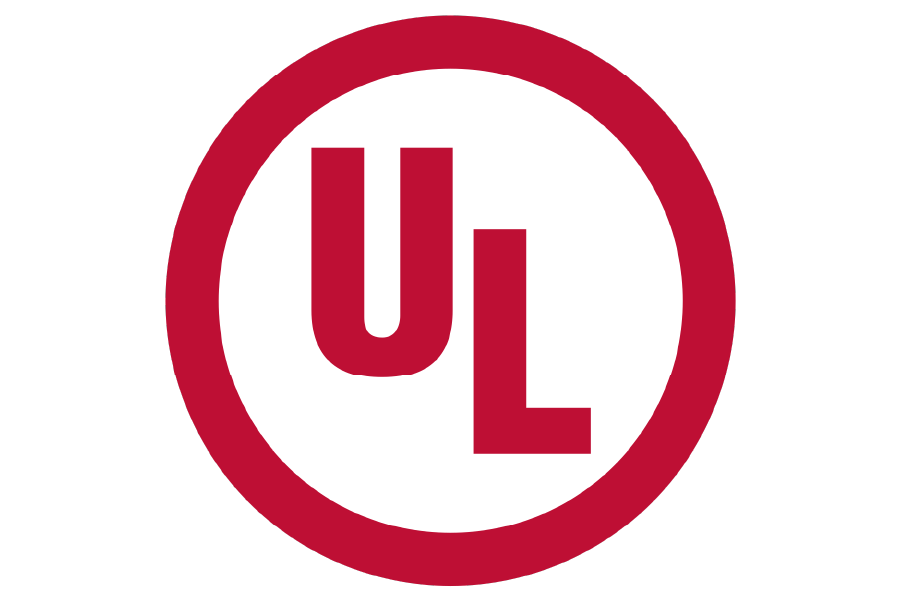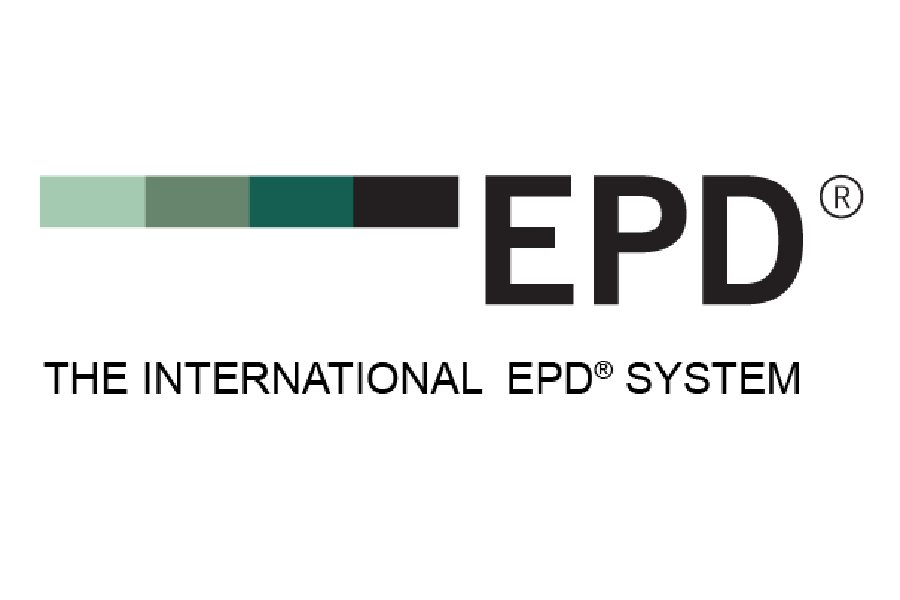Certifications & Credentials
Advance your career in green building, add distinction to your company, or certify your project with the top green building certifications and credentials.
Professional Credentials
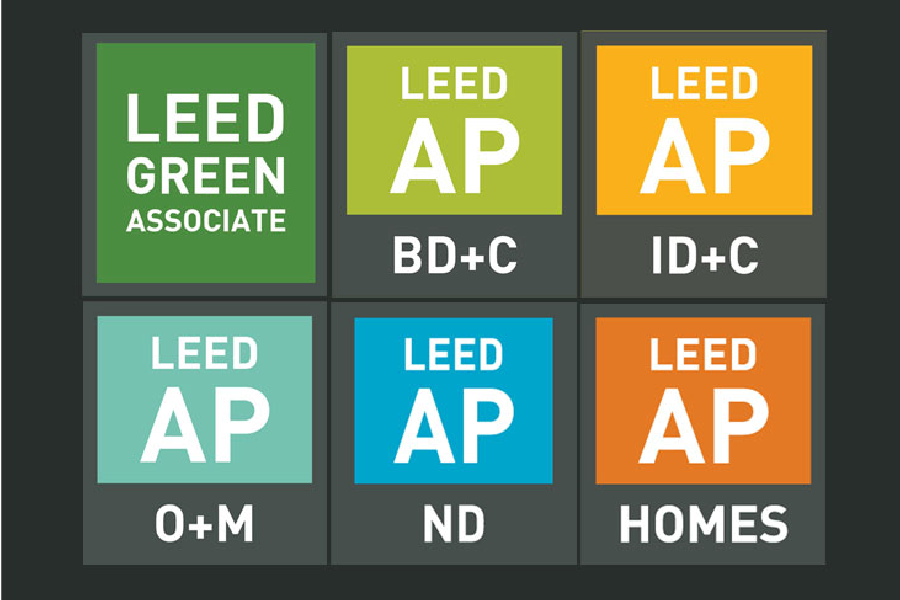
Take your green building career to the next level with a range of credentials & specialties within the LEED AP credential.
ASHRAE offers multiple building design certifications for engineers.
GPRO is a certificate program created by Urban Green Council that teaches the people who build, renovate, and maintain buildings the tools to integrate high-performance construction and maintenance practices into their everyday work. Learn more about GPRO.
GBCI's Sustainability Excellence Associate (SEA) and Sustainability Excellence Professional (SEP) credentials recognize individuals dedicated to making the world a more sustainable place. Learn more about these credentials.
AEE certifies professionals in multiple concentrations, including Certified Energy Manager (CEM), Business Energy Professional (BEP), Certified Energy Procurement Professional (CEP), Renewable Energy Professional Certification (REP). Learn more about their certifications.
Play an important role in making buildings more energy efficient, healthy, and environmentally sustainable places to live and work by becoming a Green Globes Emerging Professional, Green Globes Professional, Green Globes Assessor, Guiding Principles Compliance Professional, or Fellow. Learn more about Green Globes certifications.
Get recognized as a zero waste professional trained on the TRUE Rating System. TRUE Advisors understand the requirements of the rating system, help projects achieve TRUE certification and are committed to advancing zero waste values and policies. Learn more about the TRUE Advisor certification.
Living Future Accreditation (LFA) is the professional credential that recognizes proficiency in the world's most ambitious, advanced, and holistic sustainable design standards.
Ambassadors are leaders and active participants in Fitwel's healthy building movement. They are well-versed in the evidence-based connection between design and health. Learn more about the process.
Green Roofs for Healthy Cities (GRHC) launched the Green Roof Professional (GRP) to provide industry knowledge for green roof success- from building science, horticulture, irrigation, waterproofing, plant physiology, structural engineering and beyond. Learn more about the GRP credential.
Phius trains and certifies professionals in the leading high-performance passive building techniques. Learn more about their credential options.
The Fundamentals of Sustainability Accounting (FSA) Credential is the premier credential that teaches you how sustainability information can impact enterprise value.
If sustainability is your main profession, be it in a corporate or consulting environment, and if you are supporting sustainability reporting within your organization as part of your role in operations, finance, communications or other functions, consider becoming a GRI Certified Sustainability Professional.
New & Existing Buildings
LEED provides a framework for healthy, efficient, carbon and cost-saving green buildings. LEED certification is a globally recognized symbol of sustainability achievement and leadership. Learn more about LEED and LEED Zero.
BIT Building is a performance improvement framework providing step-by-step best practice guidance, resources, advice from industry experts, peer connections and recognition for achieving performance improvements. Learn more about BIT.
Phius trains and certifies professionals, maintains the Phius climate-specific passive building standard, certifies and quality assures passive buildings, and conducts research to advance high-performance building. Learn more about Phius Core, Phius Zero and Phius Revive.
ENERGY STAR certified buildings save energy, save money, and help protect the environment by generating fewer greenhouse gas emissions than typical buildings. To be certified as ENERGY STAR, a building must meet strict energy performance standards set by EPA. Learn more about ENERGY STAR.
ILFI's Living Future certifications provide frameworks to create buildings that generate more energy than they use, capture and treat all water on site, and are made using healthy materials. Learn more about LBC, LBC Core, Zero Energy, and Zero Carbon.
Enterprise Green Communities certification is available to any housing development in the United States with affordable homes. To date, almost 130,000 affordable homes nationwide are Green Communities certified. Learn more about EGC.
WELL is the leading tool for advancing health and well-being in buildings globally. Register your office, building or other space to leverage WELL's flexible framework for improving health and human experience through design. Learn more about WELL and the WELL Health-Safety Rating.
Use Fitwel Certification to signal to employees, residents, investors, and others that you prioritize wellness within the design, development, and operations of buildings and communities. Learn more about Fitwel.
Green Globes is an online green building rating and certification tool that is used primarily in Canada and the USA. Green Globes is structured as a self-assessment to be done in-house using a project manager and design team. Learn more about Green Globes.
The RESET Standard is a sensor-based and performance-driven data standard and certification program for the built environment. The RESET Standard creates a structure for data quality, continuous monitoring, and benchmarking. Learn more about RESET.
A TRUE project's goal is to divert all solid waste from the landfill, incineration (waste-to-energy) and the environment. Facilities achieve certification by meeting seven minimum program requirements and attaining at least 31 points. Learn more about TRUE.
Green Homes
DOE Zero Energy Ready Homes are verified by a qualified third-party and are at least 40%-50% more energy efficient than a typical new home. Learn more about Zero Energy Ready.
LEED for Homes is a voluntary rating system that promotes the design and construction of high-performance green homes. Learn more about LEED for Homes.
Companies
Designations for companies delivering certifications
Fitwel Champions are companies that own, occupy, or manage commercial and residential properties and have committed to using Fitwel at a portfolio scale. Learn more about the Fitwel Champion.
LEED® Proven Provider™ is designed to reward experienced organizations that demonstrate successful and consistent performance in the LEED Project Administrator role in LEED Online by submitting documentation that is high quality and free of errors. Learn more about the LEED Proven Professional.
WELL EPs deliver a comprehensive suite of WELL solutions at a portfolio or enterprise scale to support the growing demand for enhanced health and well-being for employees, customers and communities. Learn more about WELL EP.
Certifications for companies to validate social impacts
Help your organization optimize policies that improve social equity and enhance employee engagement. Just is a transparency platform for organizations to disclose their operations, including how they treat their employees and where they make financial and community investments. Learn more about the JUST label.
B Corp Certification is a designation that a business is meeting high standards of verified performance, accountability, and transparency on factors from employee benefits and charitable giving to supply chain practices and input materials. Learn more about B Corp Certification.
Reporting and transparency frameworks for sustainability programs
CDP is a not-for-profit charity that runs the global disclosure system for investors, companies, cities, states and regions to manage their environmental impacts. Learn more about CDP.
The Dow Jones Sustainability™ World Index comprises global sustainability leaders as identified by S&P Global through the Corporate Sustainability Assessment (CSA). Learn more about this index.
GRESB is a mission-driven and investor-led organization that provides actionable and transparent Environmental, Social and Governance (ESG) data to financial markets. Learn more about GRESB.
Dive into the GRI Standards - which cover topics ranging from biodiversity to tax, waste to emissions - and explore how the world's most widely used sustainability reporting standards now enable more comprehensive and effective reporting than ever before. Learn more about GRI.
The Investor Confidence Project (ICP) defines a clear road-map from retrofit opportunity to reliable Investor Ready Energy Efficiency™. Learn more about ICP.
The Financial Stability Board created the Task Force on Climate-related Financial Disclosures (TCFD) to improve and increase reporting of climate-related financial information. Learn more about TCFD.
MSCI provides companies with tools & solutions that deliver comprehensive ESG insights to enable strategic decision-making and benchmarking. Learn more about MSCI.
The Science Based Targets initiative (SBTi) drives ambitious climate action in the private sector by enabling organizations to set science-based emissions reduction targets. Learn more about SBTI.
SASB Standards connect businesses and investors on the financial impacts of sustainability. Learn more about SASB.
Products
Cradle to Cradle Certified® is the global standard for products that are safe, circular and responsibly made. Learn more.
Health Product Declaration (HPD) is a standardized specification for the accurate, reliable and consistent reporting of product contents and associated health information for products used in the built environment. Learn more about HPD.
Declare is a nutrition label for building products. It is designed to help specifiers quickly identify products that meet their project requirements. These labels report all product ingredients and use a simple color code system to flag chemicals of concern. Learn more about Declare.
The Living Product Challenge is the world's most advanced product sustainability standard. The framework encourages manufacturers to create products that are healthy, inspiring and give more than they take across their life cycles. Learn more about the Living Product Challenge.
EC3 tool is a free and easy-to-use tool that allows benchmarking, assessment and reductions in embodied carbon, focused on the upfront supply chain emissions of construction materials. Learn more about EC3.
UL's Product Lens™ Certification Program is an ingredient disclosure tool that provides hazard information in context, fulfilling new demands for product transparency and helping build trust in your brand. Learn more about this program.
An Environmental Product Declaration (EPD) is an independently verified and registered document that communicates transparent and comparable information about the life-cycle environmental impact of products. Learn more about EPD.
Listing of a credential/company on this page does not imply endorsement by Illinois Green Alliance. This page was curated by our staff and Board members.
If there's a green building credential you think is missing, let us know.
